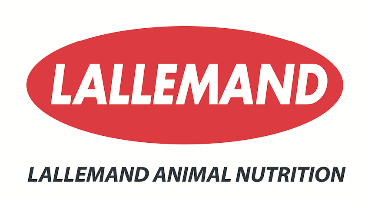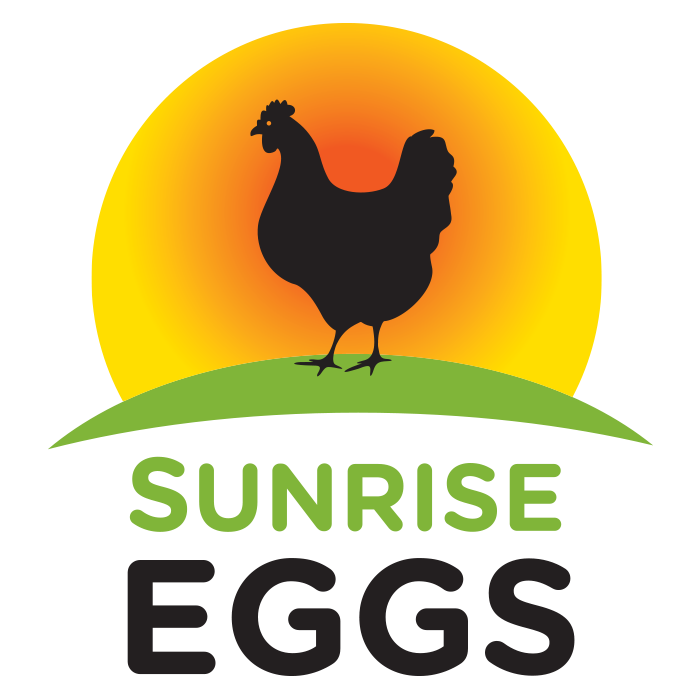Overview (Facts and stats)
Egg Farmers of Australia support our members through advocacy for all farming systems. There are three main farming systems used in Australia which are classed as free range, barn and cage. Free range and barn are often referred to as cage free. Free range egg production has grown significantly over recent years, however there remains a strong demand for cage and barn-laid eggs as an affordable source of high-quality protein for our Aussie families.
The statistics can be viewed in detail on the Australian Eggs website.
Egg Farming history
Below you will find links to the history of egg farming for each state:
Queensland - Click Here
New South Wales - Click Here
Victoria - Click Here
Tasmania - Click Here
South Australia - Click Here
Western Australia - Click Here
Egg Farming history
Below you will find links to the history of egg farming for each state:
Queensland – Click Here
New South Wales –
Victoria –
Tasmania – Click Here
South Australia – Click Here
Western Australia – Click Here
Table Egg/Whole Egg

Packed Hard Boiled Eggs

Dehydrated eggs

- Whole egg
- Egg white powder/protein powder
Frozen Egg Products

- Fried eggs
- Poached eggs
- Omelettes
Pasteurized Liquid Eggs

- Whole egg
- Egg yolk
- Egg whites
- Sugared yolks
Interested in becoming an egg farmer?
See the below links to assist you in finding the relevant information on registration of Property Identification Codes (PICs), Egg Stamping requirements and biosecurity processes for both federal requirements and your relevant state requirements.
Egg Farmers of Australia understand that the number of backyard producers are increasing. For this reason, a backyard flyer has been developed with the aim of joint promotion with governments to provide further information in relation to the importance of backyard producers understanding their responsibilities as hen owners.
Click here to view the flyer with information pertaining to each state.
Starting a poultry Farm in Queensland
Egg Production in Queensland
Depending on the size of your farm you may also require a PIC (Property Identification Code) if you have 100 or more birds. You can find more information on this here including relevant biosecurity registration requirements
https://www.business.qld.gov.au/industries/farms-fishing-forestry/agriculture/land-management/pic
Safe Food Production Queensland manage accreditation requirements which ensures compliance with the relevant legislation and biosecurity management practices to ensure safe food handling.
https://www.safefood.qld.gov.au/food-business/want-sell-supply/#tab-egg
There are different stamping rules and registration exemptions for different states, in Queensland all eggs sold are required to be stamped with your unique code/symbol. Information on how to register for an egg stamp as well as the stamping requirements is supplied by Safe Food Production QLD when registering with them.
More Egg Stamping information and Food Safety Resources can be found on the Australian Eggs website
https://www.australianeggs.org.au/for-farmers/resources/food-safety#item-815
In NSW small egg farms do not need to apply for a NSW Food Authority licence. However, you do need to ‘notify’ the Food Authority with your business details and food activities. Small egg farms are those that produce no more than 20 dozen (240) egg for sale in any week.
The below link provides a comprehensive range of information on the requirements for egg farms in NSW.
https://www.foodauthority.nsw.gov.au/industry/eggs/small-egg-farms
More Egg Stamping information and Food Safety Resources can be found on the Australian Eggs website
https://www.australianeggs.org.au/for-farmers/resources/food-safety#item-815
In Victoria if you have 50 birds or more kept for egg production, you must get a Property Identification Code (PIC) and mark individual chicken eggs with a unique identification code (stamping). The PIC register is used to provide producers with their stamp code.
The below link provides relevant links to the different sections of compliance Victorian egg farmers need to adhere to.
https://agriculture.vic.gov.au/livestock-and-animals/poultry-and-eggs/compliance
The below outlines the standards and how you can register for a PIC.
More Egg Stamping information and Food Safety Resources can be found on the Australian Eggs website.
https://www.australianeggs.org.au/for-farmers/resources/food-safety#item-815
Egg producers in South Australia are required to be accredited if they have 50 or more laying birds or produce eggs to sell. If you are required to have accreditation, you must also have a Property Identification Code (PIC).
The link below outlines the processes and standards that farmers need to adhere to.
https://pir.sa.gov.au/biosecurity/food_safety/eggs
More Egg Stamping information and Food Safety Resources can be found on the Australian Eggs website
https://www.australianeggs.org.au/for-farmers/resources/food-safety#item-815
In Tasmania, Egg Farmers producing fewer than 20 dozen eggs in any week do not require accreditation however must still stamp their eggs and register with Biosecurity Tasmania. Egg Farmers producing more than 20 dozen eggs in any week must be registered as an Accredited Commercial Producer. comply with the Egg Food Safety Scheme.
Egg Food Safety Scheme
Egg Producer Application Forms
More Egg Stamping information and Food Safety Resources can be found on the Australian Eggs website
https://www.australianeggs.org.au/for-farmers/resources/food-safety#item-815
There is a range of legislation that Western Australian Egg Farmers must comply with ranging across all levels of government. Egg producers in WA do not need a licence. However, commercial producers must comply with egg labelling guidelines and the Food Act 2008 and all other relevant legislation. A list of legislation and useful links can be found at the below link.
https://www.agric.wa.gov.au/livestock-biosecurity/regulation-poultry-production
Egg Stamping information and Food Safety Resources can be found on the Australian Eggs website
https://www.australianeggs.org.au/for-farmers/resources/food-safety#item-815
Useful Links
ADVOCACY
Egg Farmers of Australia
SUSTAINABLE PRODUCTION
Sustainability Framework Report 2020 – Australian Eggs
ABARES Food Security Report
ANIMAL WELFARE
Information on Animal Welfare Standards and Guidelines
Animal Welfare Science Centre
Animal Welfare and Values
RESEARCH
Research and Marketing – Australian Eggs
Commercial Poultry Hub
INFORMATION BIO-SECURITY LEGISLATION
Federal Government
Queensland
New South Wales
Western Australia
South Australia
Tasmania
Victoria
DISEASE PLANNING
Salmonella Enteritidis Response Plan
Fact Sheet: Emergency Animal Disease Compensation (EAD)
Training: Emergency Disease Compensation – Animal Health Australia
Fact Sheet: Avian Influenza – Control Measures
Fact Sheet: Responding to Avian Influenza
Animal Health Australia – Chickens
STATE EGG ORGANISATIONS
Victorian Farmers Federation Egg Group
Queensland Farmers’ Federation
(Queensland United Egg Producers QUEP)
Commercial Egg Producers’ Association (CEPA) – Western Australia
New South Wales Farmers Association (NSWFF)
EGG MEDIA
Egg Farmers of Australia Media Releases
Poultry News
Poultry Digest
Australian Eggs Education– All about eggs!
INTERNATIONAL
World Organisation for Animal Health (OIE)
International Egg Commission

Corporate Members
Thank you to our corporate members for your support of the Egg Industry






